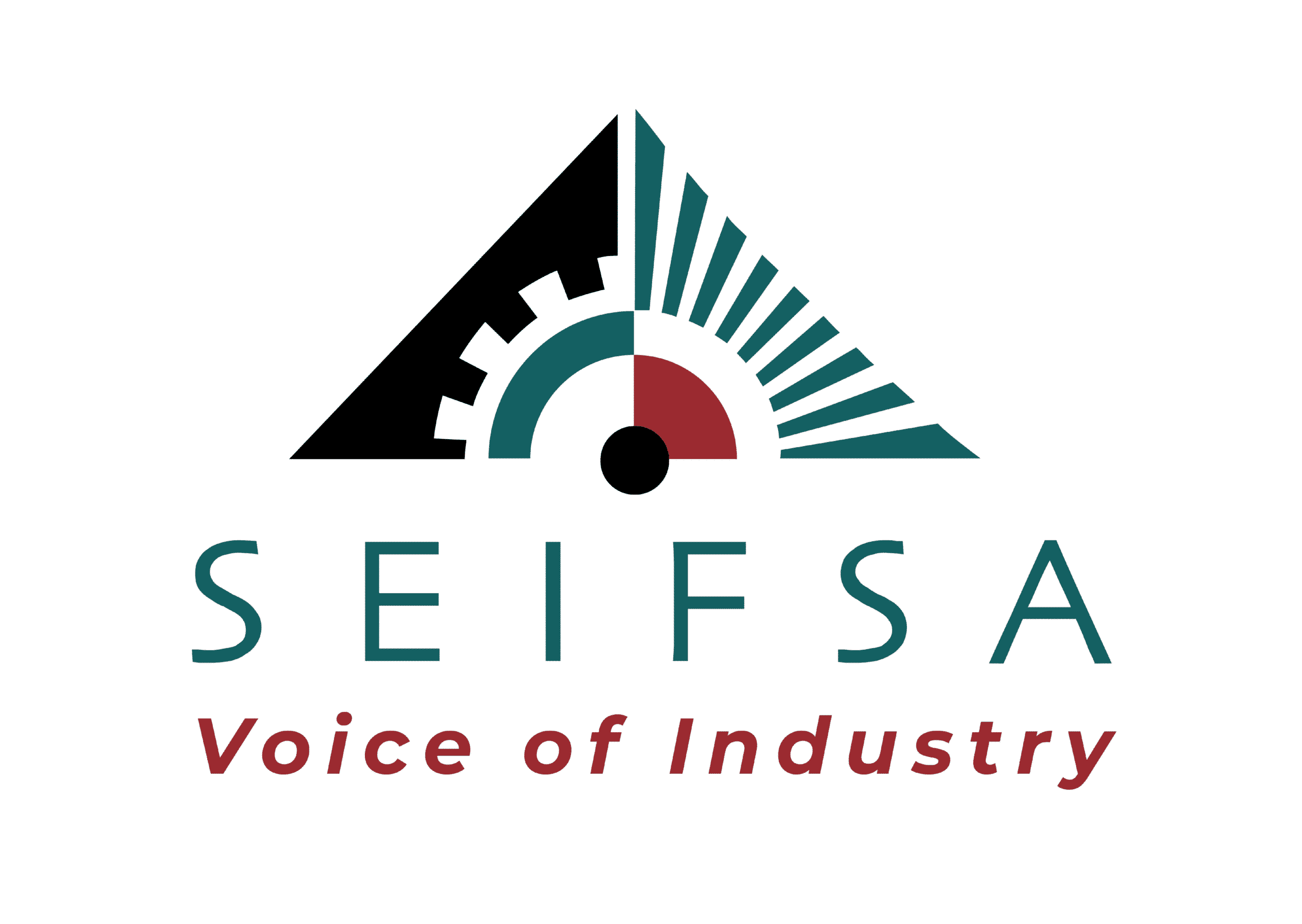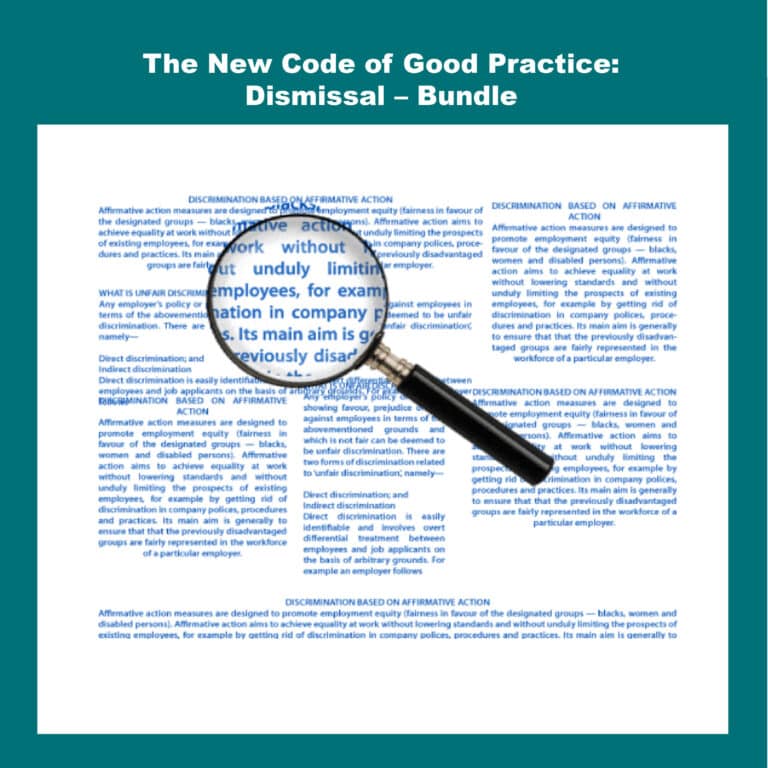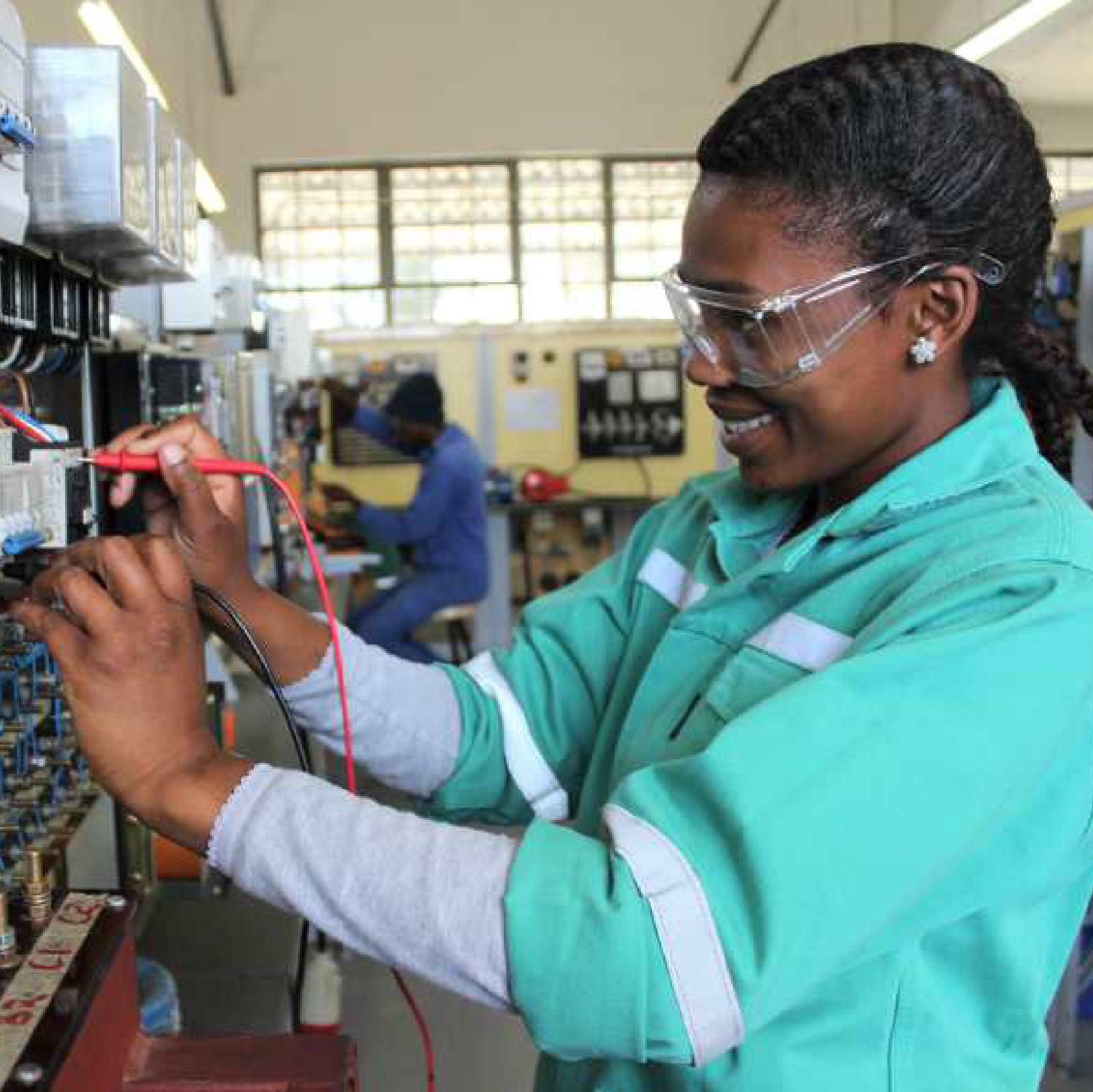Johannesburg, 18 August 2025 — South Africa is bracing itself for the full effect of the US’s recent imposition of 30% tariffs and what they will mean for unemployment and economic growth.
“This development [the tariffs] has raised significant concern, particularly given that the US accounts for approximately 8% of output from South Africa’s Metals and Engineering Sector,” warns Tafadzwa Chibanguza, CEO Designate of the Steel and Engineering Industries Federation of Southern Africa (SEIFSA).
South Africa’s already alarming unemployment rate (32.9% in the first quarter of 2025) is set to increase, with the Department of Trade, Industry and Competition (DTIC) saying the tariffs would put about 30,000 jobs at risk, other estimates have put the impact as high as 100,000 jobs.
In the face of this turmoil, SEIFSA has reaffirmed its commitment to addressing South Africa’s joblessness rate and skills deficit.
The work-ready technical skills taught at the SEIFSA Training Centre can help to insulate workers from unemployment, as one of the few South African training providers that is qualified on the nine trades: welder, boilermaker, mechanical fitter, fitter and turner, turner machinist, millwright, pipe fitter, electrical and instrumentation.
The Centre, run in partnership with Thuthukisa, a specialist advisory, consulting, project management and skills programme company, provides learners with accredited occupational apprenticeship programmes, specialised short courses and training in the sought-after skills that can improve youngsters’ chances of finding and retaining job opportunities.
The training centre underwent a major upgrade recently — expanding its focus from mostly apprenticeships to high-end artisan training and entrepreneurship.
The Training Centre has also worked hard to prepare itself for the needs of the Fourth Industrial Revolution (4IR). SEIFSA Training Centre Director, Emile Jacobs says the Centre prepares learners for the workplaces of today and tomorrow. The use of smart classrooms, for example, ensures they receive a cutting-edge education and become comfortable using new technologies.
Smart boards are used in the classrooms to create realistic simulations so learners get a feel for the work without putting young learners at risk from a safety point of view. Once learners progress from simulation to the shopfloor practical learning, under the watchful eye of a Centre Supervisor, they will be well prepared to begin practising what they have learnt in the real world of work.
Gamification also helps to engage students in learning via a friendly and accessible environment.
Small and medium-sized enterprises are frequently referred to as the engine room of job creation in the industry and the Centre’s incubation hub encourages young artisans to consider starting their own small business with the aim of one day becoming an employer themselves. The incubation pilot project is running until September 2025. This is an exciting development as we move towards changing the narrative for young people away from looking for work in a shrinking market to potentially becoming their own employer and hopefully one day being in a position to offer employment to others.
Currently, 15 small businesses, all of which had their start at the SEIFSA Training Centre Incubation Hub, run from the Centre, including builders, electricians, painters, carpenters and aluminium work.
As South Africa grapples with the threat of increased tariffs and other geopolitical global headwinds, the SEIFSA Training Centre will continue to stand tall and reaffirm its core mandate to train for the industry, with a focus on the youth, as we prepare for the South Africa of tomorrow.




